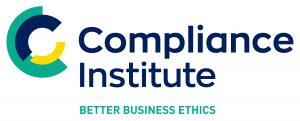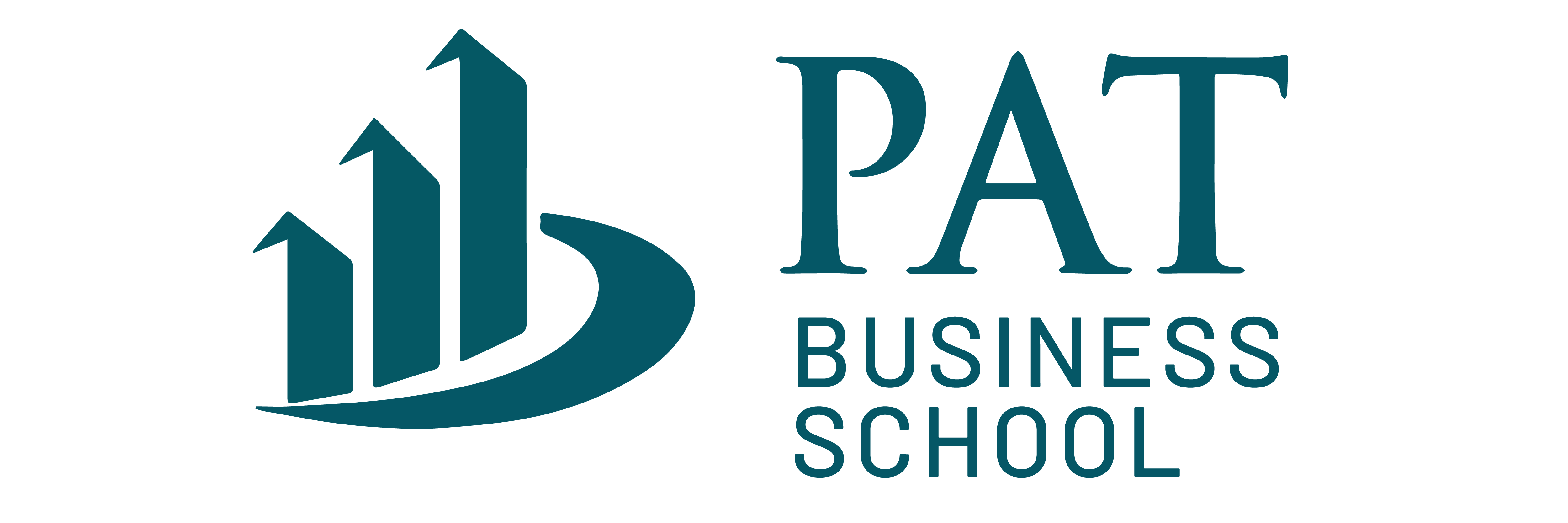Description
This course outlines the AML compliance and regulatory reporting framework in the context of evolving EU AML Directives and national legislation. The course addresses AML requirements from the perspective of a variety of sectors – for example: Credit and Financial Institutions (‘Firms’) and Designated Non-Financial Business and Professions (DNFBP’s). Examining the role of the global watchdog Financial Action Task Force (FAFT) and evaluating the challenges facing National Financial Investigation Units (FIU’s) in investigating and enforcing AML/CTF actions, is central to the course’s holistic approach to reinforcing/enhancing the effectiveness of Ireland’s existing AML compliance framework. Finally, this course also examines the evolution of AML courses in an ever-increasing digital environment and aligns the course’s learnings with the importance of a strong compliance – AML/CTF – culture.
Assessment
40%: Blend of competency based MCQs & scenario analysis
60%: Final Examination
OUTCOMES
On the successful completion of this course learners will be able to:
1. Summarise the key definitions and regulatory requirements governing the AML Compliance Framework.
2. Assess the evolution of EU AML Directives and their transposition into Irish (national) legislation.
3. Differentiate between the AML compliance risks and regulatory requirements across various sectors – financial institutions and professionals – of the payments infrastructure.
4. Evaluate the role of FAFT and the national FIU’s in investigating and implementing effective AML/CTF enforcement.
5. Identify the critical elements of a contemporary AML course in an evolving Fintech (digital) environment.
6. Contextualise the importance of culture and collaboration in the Irish AML Compliance Framework.









